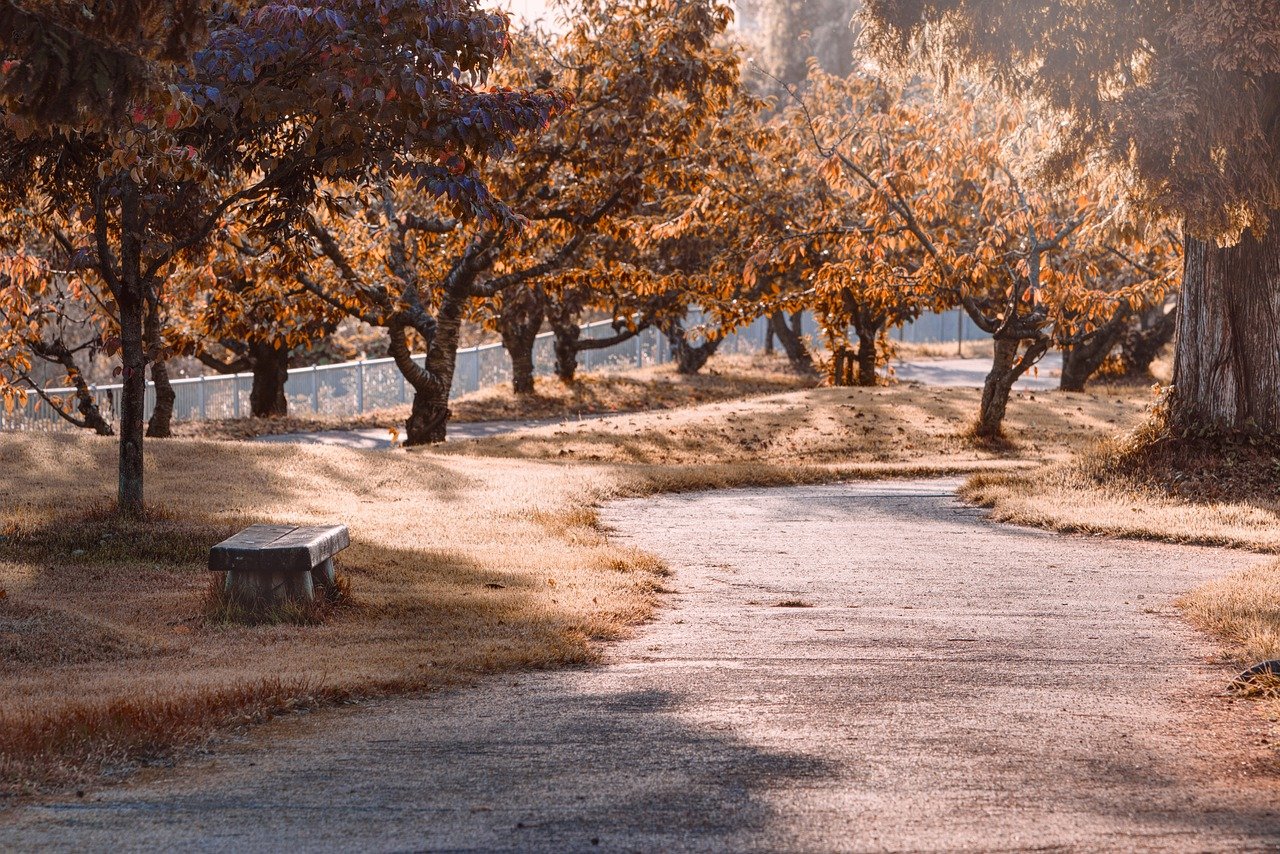More than ever before, the news these days reminds us of the precariousness of our political and economic systems. For many of us, there is reasonable chance that we may emerge relatively unscathed, but there are so many around us and around the world, for whom these are terrifying and dangerous times. In our meditation, we are not only deepening the peace with which we can face the impermanence of things and the chaos of change. We also unite ourselves with all those who suffer like, or more probably, more than ourselves. The hope for the world is that we learn wisdom from these times and events. We find this hope equally in experiences of inner peace and in experiences of unity with others. If we can apply this wisdom, we can better come to know and never forget the mystery of the goodness of creation—not only from without, objectively, but also from within, because we share in the goodness of God our source.
After meditation, “What the Figtree Said” by Denise Levertov in THE STREAM AND THE SAPPHIRE: Selected Poems on Religious Themes (New York: New Directions, 1997), pp. 67-8.
What the Figtree Said
Literal minds! Embarrassed humans! His friends
were blushing for Him
in secret; wouldn’t admit they were shocked.
They thought Him
petulant to curse me! –yet how could the Lord
be unfair? –so they looked away,
then and now.
But I, I knew that
helplessly barren though I was,
my day had come. I served
Christ the Poet,
who spoke in images: I was at hand,
a metaphor for their failure to bring forth
what is within them (as figs
were not within me). They who had walked
in His sunlight presence,
they could have ripened,
could have perceived His thirst and hunger,
His innocent appetite;
they could have offered
human fruits—compassion, comprehension—
without being asked,
without being told of need.
My absent fruit
stood for their barren hearts. He cursed
not me, not them, but
(ears that hear not, eyes that see not)
their dullness, that withholds
gifts unimagined.





